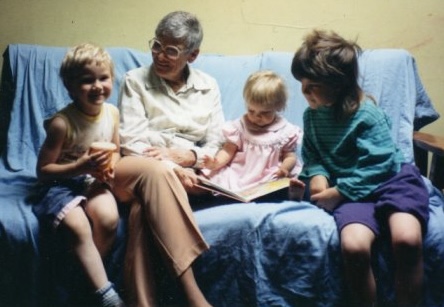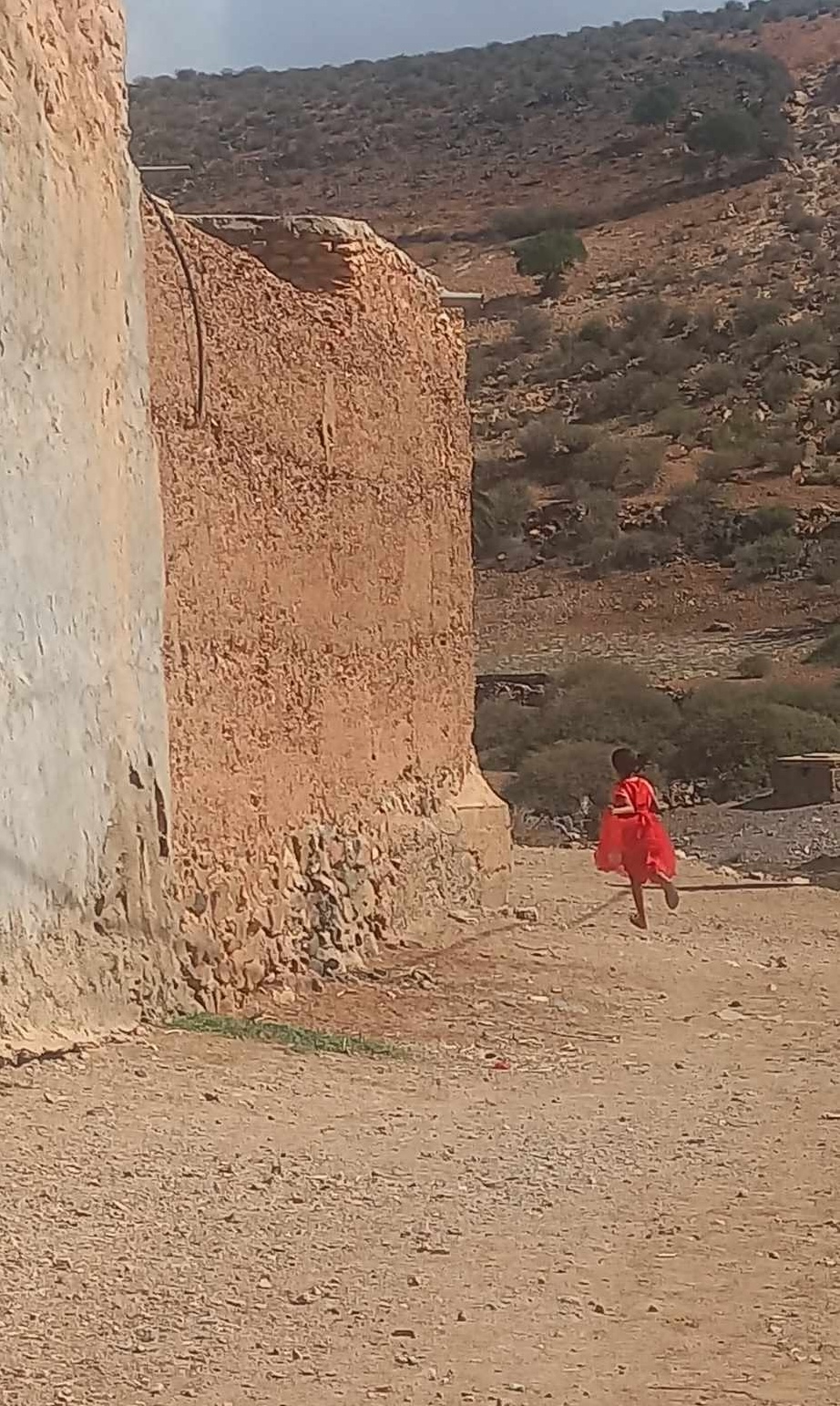
Meredith wrote something in April 2011 about what the grandparents want...
It's helpful to keep in mind that one of the big things grandparents want is a sense of connection with their grandchildren. When kids aren't in school, that can feel awkward - what the heck do you say to a child other than "what are you doing in school?" Especially if you only see him twice a year? It can leave extended family members stymied. So it helps a whoooole lot to feed them useful information and conversation starters in the form of something grandparents usually like anyway - pictures and stories of their grandkids. Keeping a blog or sending regular notes (via facebook or plain old snail mail) goes a long way in that regard. And! they get to see their beloved grandchildren happy and adventurous, which can help to reassure them on that score.
Unschooling can come across as some kind of weird cult if you try to explain it from a theoretical side first. Start with happy kids living rich, full lives and school starts to seem less of an issue.
photo by Sandra Dodd, of Dodd kids and paternal grandmother, early 1990s





